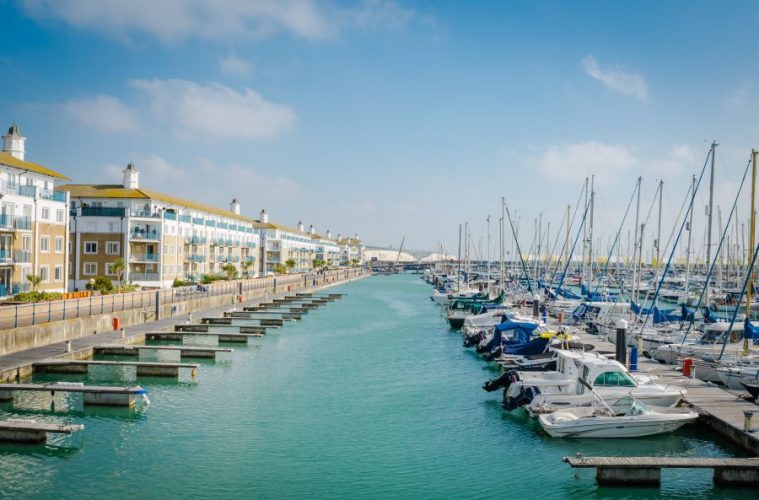The reality of boat ownership often includes hidden costs that new owners might overlook. Beyond the initial price tag, ongoing expenses like mooring and maintenance can quickly add up, sometimes leaving owners unprepared for the true financial commitment.
To ensure your boating experience is both enjoyable and sustainable, it’s essential to understand these costs before you set sail.
Initial purchase price
The initial cost of buying a boat varies significantly depending on its size, type and age. For example, a new mid-range motorboat can cost between £150,000 and £175,000, while a smaller used vessel may be significantly cheaper.
Keep in mind that this is just the beginning of your financial commitment. Many buyers also finance their purchase, adding interest that should be factored into your budget.
Mooring and storage costs
Finding a place to moor your boat can be costly, with prices varying based on location and facilities. In popular areas, annual mooring fees can reach £8,500 for a mid-sized boat, while less premium locations might charge around £1,000.
Winter storage is another consideration, with additional costs ranging from £210 to £322 per metre depending on whether you opt for outdoor or indoor storage.
Be sure to consider both seasonal and year-round storage fees when budgeting for boat ownership.
Maintenance and repairs
Regular servicing, cleaning and repair work are necessary to keep your vessel in good working condition. Annual engine services alone can cost several hundred pounds and additional maintenance like anti-fouling, sail repairs or electrical fixes may be required depending on your boat’s age and usage.
You could also consider taking out boat insurance as a way to pre-emptively address potential damages and liabilities. This should still leave you some room for out-of-pocket expenses and repairs.
Fuel, licensing and permits
Fuel expenses depend heavily on the type of boat and how frequently you use it. For instance, a diesel-powered motorboat might cost approximately £1.40 per litre of fuel, while a full tank could last an entire season for some vessels.
You’ll also need to budget for licences, especially if you intend to navigate inland waterways. The Canal & River Trust has a broad price range for an annual licence, charging depending on the size of your boat.
Some waterways require your vessel to meet the standards of the Boat Safety Scheme, costing around £200 for a standard inspection.
Depreciation and resale value
Boats depreciate over time. On average, a new boat will lose around 10% of its value in the first year and continue to depreciate by 7% annually for the next few years.
This reduction in value can significantly impact your long-term financial plans, particularly if you aim to sell your boat later on. Be mindful of resale conditions and market trends that can influence the future value of your boat.
Financial planning and contingencies
To avoid unpleasant surprises, it’s wise to create a detailed financial plan that accounts for both expected and unexpected costs. Maintenance, mooring and fuel costs can fluctuate based on usage and location, and larger repair projects may arise unexpectedly.
A contingency fund is typically estimated at 10% to 20% of the boat’s value per year. This can help cover unexpected repairs or equipment replacements.




